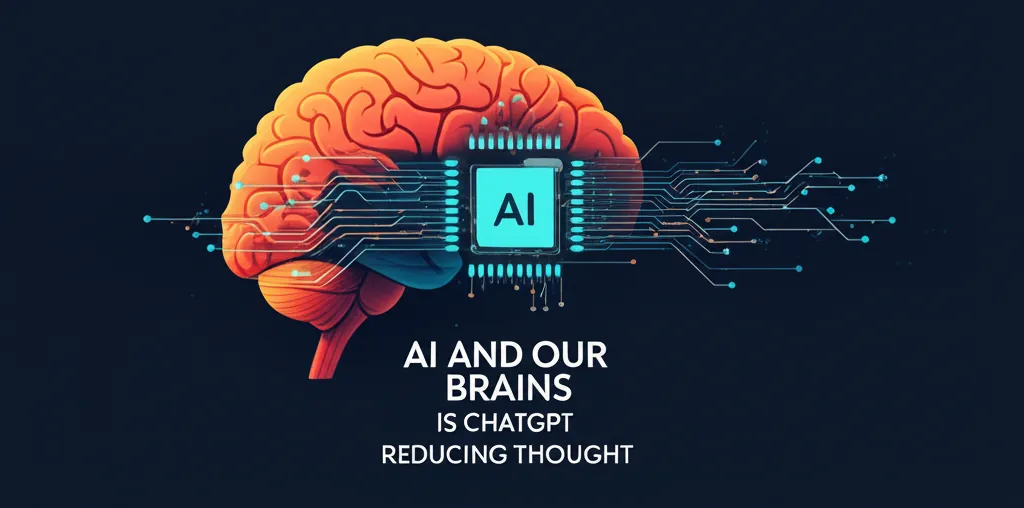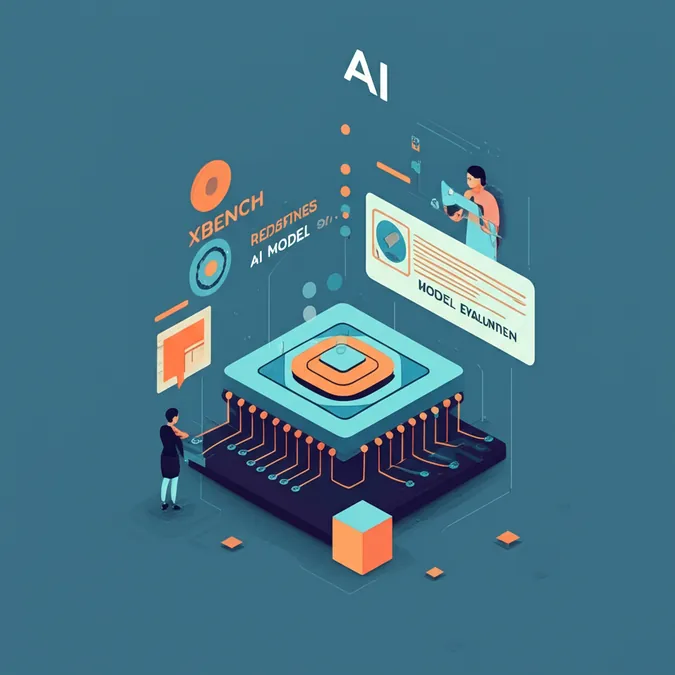Developer Offer
Try ImaginePro API with 50 Free Credits
Build and ship AI-powered visuals with Midjourney, Flux, and more — free credits refresh every month.
ChatGPTs New Mission Beyond Search
OpenAI CEO Sam Altman has announced that ChatGPT has evolved significantly beyond its initial perception as a Google alternative. The platform is now increasingly centered on assisting users in completing complex tasks and managing intricate workflows.
Speaking at Y Combinator, Altman detailed ChatGPT's transformation over time. He stated, “For a long time ChatGPT was like a Google replacement… it still felt like a more advanced version of search.”
Now, according to Altman, users can delegate complex work to the AI, much like they would to a junior employee. “You can really give a task to code interpreter for example or to deep research… and come back to you with like a proposal,” he explained. This evolution marks a new direction for ChatGPT, potentially altering how businesses and marketers leverage artificial intelligence.
Beyond Information Retrieval The New ChatGPT
Altman stressed that ChatGPT's purpose is no longer confined to merely retrieving information. The primary objective now is to empower users to get actual work done. As Altman put it, “It’s like a very junior employee that can work on something for like a short period of time.”
While acknowledging that ChatGPT.com ranks as the fifth most visited site globally, Altman downplayed the notion that it is in direct competition with Google Search. Instead, OpenAI is focused on developing a tool capable of connecting to user data, completing tasks, and acting proactively on the user's behalf.
Enhanced Memory and The Rise of Persistent AI Assistants
A significant step towards this vision is ChatGPT’s memory feature. Altman described this as his favorite new feature of the year, highlighting its importance in the platform's development.
This capability allows the AI to remember previous conversations and user preferences, enabling it to function more like a personal assistant than a simple chatbot. “I think memory is the first time where people can sort of see that coming,” Altman remarked, pointing towards a future where the AI assistant intelligently knows when to notify users and when to take autonomous action.
Advanced Reasoning and Workflow Automation Capabilities
Newer models, such as GPT-4o and O3, are engineered to handle more sophisticated reasoning and complex workflows. Altman observed, “Right now we’re in an interesting time where the product overhang relative to what the models are capable of is here…”
He suggested that the pace of technological advancement is outstripping the ability of most businesses to adapt. Consequently, there is vast untapped potential in how AI could support various professional tasks, including marketing, data analysis, and content development.
Navigating The Vision Acknowledging Limitations
While Altman paints an ambitious picture, he also advises a degree of caution. Tools like ChatGPT are not without their limitations, which include issues like generating incorrect information (hallucinations), a lack of completely persistent memory across all contexts, and occasional failures in reasoning. These are detailed in OpenAI’s own reports.
This means that even with advanced tools like Code Interpreter or GPT-4o, complex tasks still necessitate careful, hands-on oversight from users.
The strategic shift away from direct search competition might also be a pragmatic recognition of the challenges in competing with Google's dominant market share. Instead, OpenAI appears to be carving out a new domain for AI-powered task automation.
The Future Trajectory Integrations and Strategic Use
As AI tools like ChatGPT continue to acquire new features, they are poised to change how marketers, developers, and everyday users approach and complete tasks.
However, realizing this comprehensive vision hinges on overcoming current limitations and ensuring reliable performance across a diverse range of use cases.
Altman also shared that ChatGPT will soon incorporate support for the Model Context Protocol (MCP). This protocol will enable it to draw data directly from the tools and platforms that businesses are already using, reinforcing its positioning as an integrated assistant platform rather than merely a search engine alternative.
For now, the guidance for marketers and other professionals is to focus on utilizing AI tools in conjunction with, not as a replacement for, traditional platforms like search engines. These different tools can serve complementary purposes within a cohesive strategy.
Compare Plans & Pricing
Find the plan that matches your workload and unlock full access to ImaginePro.
| Plan | Price | Highlights |
|---|---|---|
| Standard | $8 / month |
|
| Premium | $20 / month |
|
Need custom terms? Talk to us to tailor credits, rate limits, or deployment options.
View All Pricing Details

